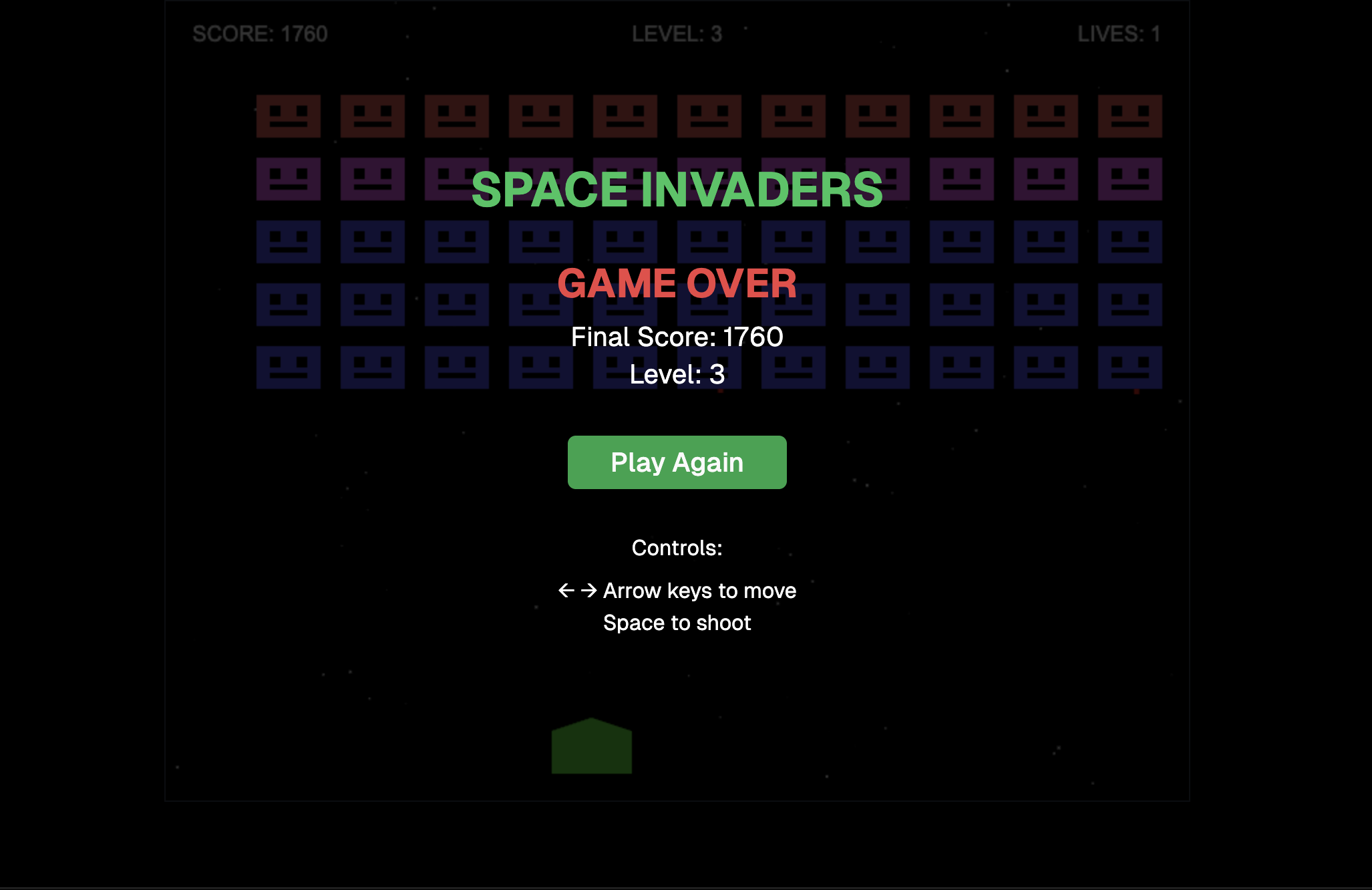John Bogart, Founder
Building Louis, an augmented reality company
and r.technology a company to build companies
A journey through empathy, creativity, growth, and learning
My Tech Journey
Explore the key experiences that have shaped my career in technology
First time writing code
Learned how to write VBA to build applications for the school
Win Verizon Innovation App Challenge
Our Social Media, Ping, helps connect you to your local community
Ping wins Verizon App ChallengeWin Hyland Innovation Showdown
Our Idea Suitable, a virtual online clothing store, helped us seal the deal
Hyland ShowdownAttended General Assembly
A professional education program for programmers in Denver
General AssemblyWhy I love Technology
Learning
If I'm learning, I'm having fun. Sure, its hard, but it helps me accomplish things. Because of the rapid pace of technological progress, I get to have fun every day
Creativity
You name it, I can build it. It is self empowering and liberating
Growth
I get to tackle new problems. Any time I am working on something challening, I know self improvement is just around the corner
People
I get to help people, I get to make them smile, I get to make their lives easier
Security
When I'm working, I'm safe. I am free to be myself without judgement
Equality
All are equal on the Internet
Essential Skills for Tech Careers
Success in technology requires a balance of technical expertise and interpersonal abilities
Soft Skills
Problem Solving
Analytical thinking and the ability to break down complex problems into manageable parts
Communication
Clear articulation of technical concepts to both technical and non-technical stakeholders
Collaboration
Working effectively in teams, sharing knowledge, and contributing to collective goals
Adaptability
Willingness to learn new technologies and adjust to changing requirements
Time Management
Prioritizing tasks, meeting deadlines, and balancing multiple responsibilities
Empathy
Understanding user needs and collaborating effectively with diverse team members
Hard Skills
Programming Languages
Proficiency in languages like JavaScript, Python, or Java forms the foundation of technical work
Web Development
Understanding of HTML, CSS, and modern frameworks like React, Vue, or Angular
Database Management
Knowledge of SQL and NoSQL databases, data modeling, and query optimization
Version Control
Proficiency with Git and understanding of collaborative development workflows
Cloud Services
Experience with AWS, Azure, or Google Cloud Platform and their core services
System Architecture
Ability to design scalable, maintainable systems and make technology stack decisions
The most successful tech professionals continuously develop both technical and interpersonal skills
Learn more about tech career pathsEducation for Tech Careers
Multiple paths can lead to a successful career in technology. Explore options that match your learning style, budget, and career goals.
Traditional Education Paths
Computer Science Degree
A 4-year bachelor's degree in computer science provides a comprehensive foundation in computing theory and practice.
Benefits
- Deep theoretical knowledge
- Structured learning environment
- Networking opportunities with peers and professors
- Access to internships and campus recruiting
- Recognized credential by employers
Considerations
- High cost (average $40,000-$100,000+ total)
- Time commitment (4+ years)
- May include coursework not directly applicable to career goals
- Curriculum may lag behind industry trends
Information Technology Degree
Focuses on the practical application of technology in business environments, including networking, systems administration, and security.
Benefits
- Practical, hands-on technical skills
- Business-oriented technology education
- Industry certifications often included
- Clear career paths in IT departments
Considerations
- Less focus on software development
- Similar cost and time commitment as CS degrees
- May be too specialized for some tech roles
Note: According to the Bureau of Labor Statistics, most software developer positions require a bachelor's degree, but employers increasingly value skills and experience over formal education for many tech roles.
Alternative Education Paths
Coding Bootcamps
Intensive, short-term training programs that teach programming skills in a condensed timeframe, typically 3-6 months.
Benefits
- Accelerated learning (3-6 months)
- Focus on practical, job-ready skills
- Project-based learning with portfolio development
- Career services and job placement assistance
- Lower cost than traditional degrees ($10,000-$20,000)
Considerations
- Intensive pace may be challenging
- Less theoretical foundation
- Quality varies significantly between programs
- May still be a significant financial investment
Self-Guided Learning
Using online resources, tutorials, and projects to learn programming and tech skills at your own pace.
Benefits
- Extremely flexible schedule and pace
- Learn exactly what you need for your goals
- Very low cost (mostly free to $50/month for platforms)
- Can start building real projects immediately
- Constantly updated content reflecting latest technologies
Considerations
- Requires strong self-discipline and motivation
- No formal credential or certification
- Lack of structured guidance and feedback
- Need to self-market skills to employers
Community College Programs
Two-year associate degrees or certificate programs in programming, web development, or IT fields.
Benefits
- Lower cost than four-year universities ($5,000-$20,000 total)
- Flexible scheduling with night/weekend classes
- Practical, job-oriented curriculum
- Potential transfer credits to bachelor's programs
Considerations
- Less comprehensive than bachelor's degrees
- Fewer networking opportunities
- May have limited advanced course offerings
Online Learning Platforms
Structured courses and learning paths from platforms like Coursera, edX, Udacity, and Pluralsight.
Benefits
- Courses designed by top universities and companies
- Structured curriculum with clear progression
- Certificates of completion available
- Flexible scheduling with self-paced options
- Affordable ($0-$400 per course, $40-$400/month for subscriptions)
Considerations
- Limited direct interaction with instructors
- Completion rates tend to be lower without accountability
- Certificates may not carry weight with all employers
Top Free Self-Guided Learning Resources
freeCodeCamp
Free, comprehensive web development curriculum with certifications
The Odin Project
Free, open-source full-stack curriculum with a focus on practical projects
CS50: Harvard's Intro to Computer Science
Free version of Harvard's introductory CS course
MDN Web Docs
Comprehensive documentation and tutorials for web technologies
Codecademy
Interactive coding lessons with free and premium options
GitHub Learning Lab
Hands-on coding projects and tutorials using GitHub
According to Stack Overflow's 2023 Developer Survey, approximately 25% of professional developers are self-taught, demonstrating that formal education isn't the only path to success.
View the full survey dataTech Career Outlook
The technology sector continues to grow rapidly, offering diverse opportunities and competitive compensation. Explore the data on job growth, salaries, and in-demand skills.
Source: Bureau of Labor Statistics
Source: Glassdoor Salary Research
Source: BLS Employment Projections
Unprecedented Growth
Tech jobs are projected to grow at a rate 3-4 times faster than the average for all occupations, creating over 500,000 new jobs by 2032.
Salary Premium
Tech professionals earn approximately 85% more than the national average salary across all industries, with specialized roles commanding even higher premiums.
Remote Work Opportunities
Over 80% of tech companies now offer permanent remote or hybrid work options, providing unprecedented flexibility and global job opportunities.
Continuous Learning
The rapid pace of technological change means tech professionals must dedicate approximately 10-15 hours per month to learning new skills to remain competitive.
Data Sources
Bureau of Labor Statistics
Employment projections for computer and information technology occupations
World Economic Forum
Future of Jobs Report highlighting tech skills demand
LinkedIn Economic Graph
Data on fastest-growing jobs and in-demand skills
Stack Overflow Developer Survey
Annual insights on developer salaries, technologies, and trends
Glassdoor
Salary data for tech roles across experience levels
Interactive Demos
See what you can build with technology!
Featured Projects

Space Invaders Remake
A classic arcade game remake with modern web technologies

Particle Field Visualization
Interactive 3D particle system with dynamic color flows

r.technology
Minimalist website with powerful messaging and modern design
These are some of the cools things you can do with code!
View more projects on GitHubReady for a career in tech?
You can do it! And... It will be worth it. I'm extraordinarily grateful to get to work on what I work on. I hope you consider a path towards technology for your future